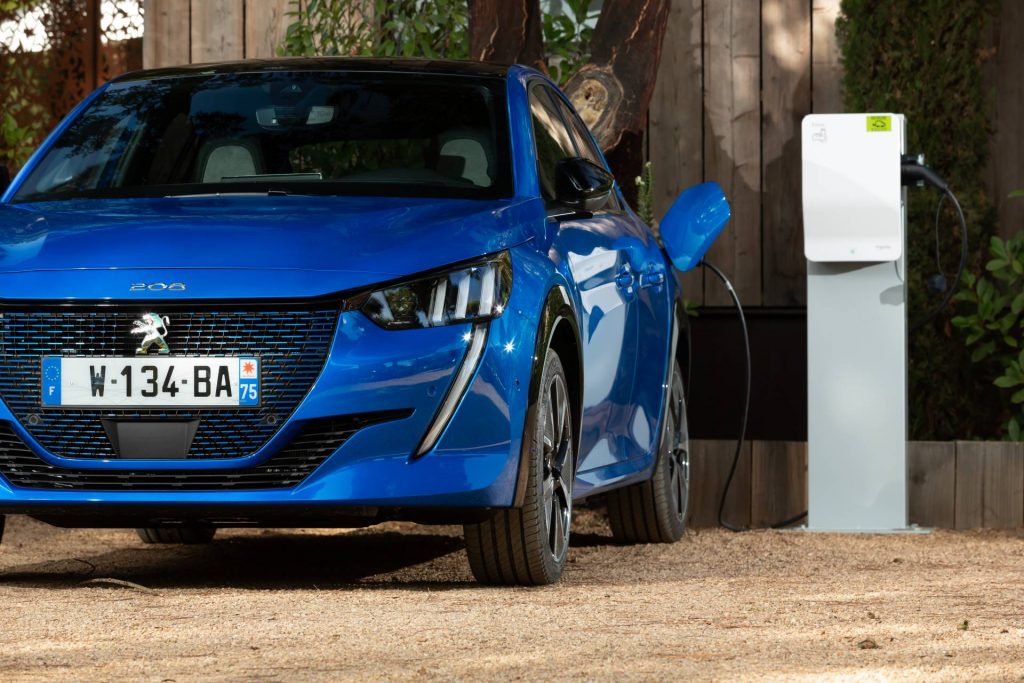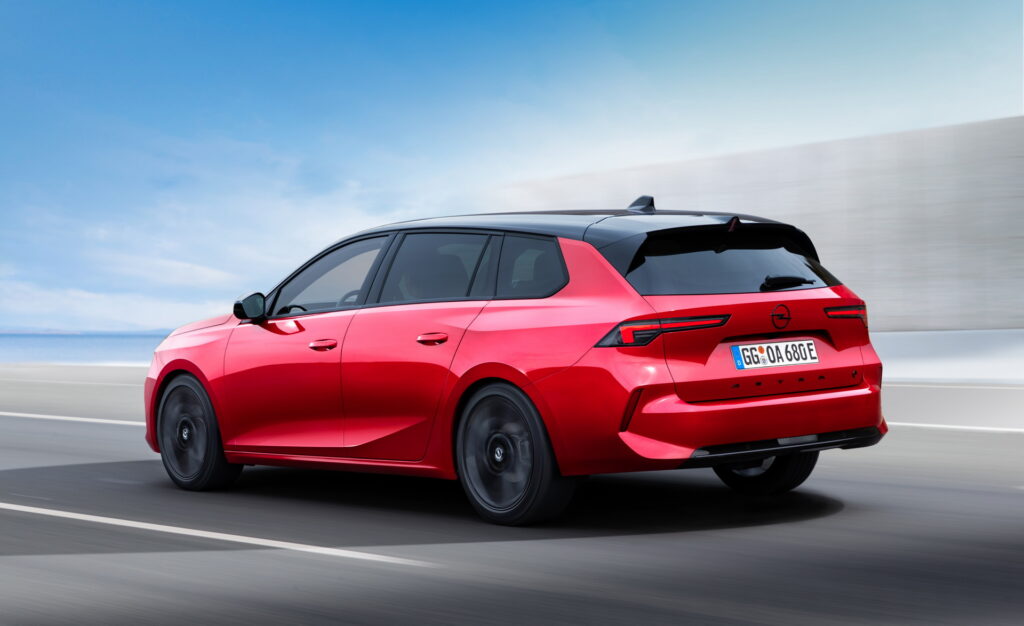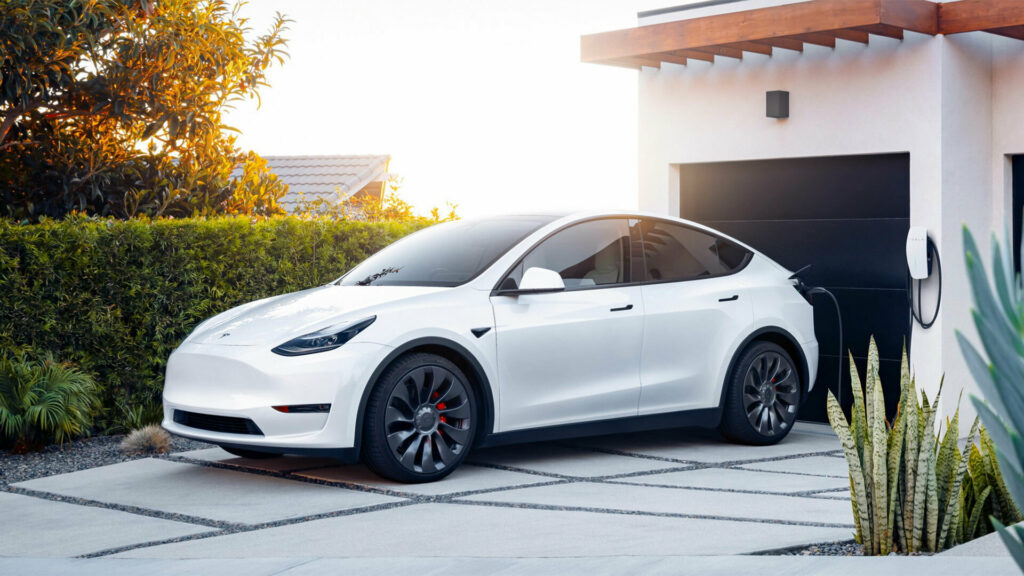Sales of both battery electric vehicles and hybrids have started to fall in Germany due to changes to local subsidies.
Sales information released by Germany’s Motor Transport Authority has revealed that sales of fully-electric vehicles dropped by 13.2 percent in Germany last month compared to January 2022. Similarly, the sales of hybrid models dipped by 6.2 percent while the sales of new petrol-powered vehicles increased by 3.5 percent.
Read: German Transport Minister Says EVs Make Autobahn Speed Limit Unnecessary
These sales figures reveal just how important government subsidies are for the sale of EVs and hybrids. In Germany, the government had been offering a €9,000 ($9,602) subsidy split between the consumer and carmaker for EVs with a net list price of below €40,000 ($42,677). However, as of January, this subsidy has been cut in half to €4,500 ($4,801). Additionally, hybrids with a net list price below €40,000 ($42,677) had been offered with up to €6,750 ($7,201) in subsidies but this payout has now been abandoned completely.

Beyond changes made to local subsidies, the sharp sales decline experienced in January can be partly attributed to the fact that the sales of EVs and hybrids spiked towards the end of last year as consumers cashed in on the subsidies while they were still available.
The Association of the Automobile Industry in Germany doesn’t think the sale of EVs and hybrids will rebound as the year progresses. In fact, it expects total sales of BEVs and hybrids to fall 8 percent compared to 2022, The Wall Street Journal reports. Sales of hybrids will be hit particularly hard and could plummet by 20 percent.




